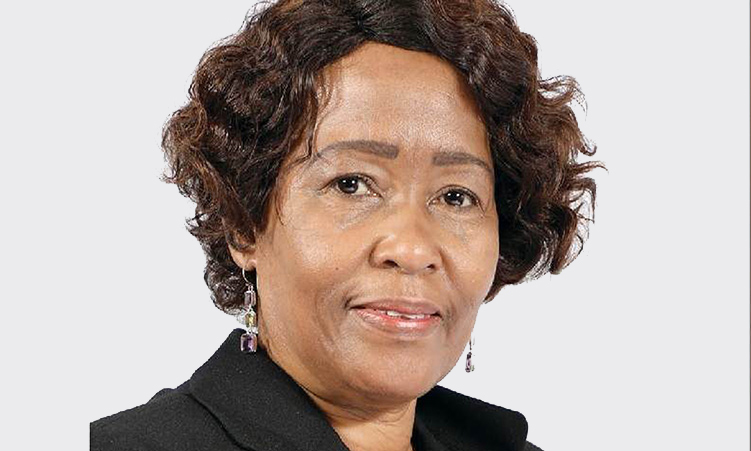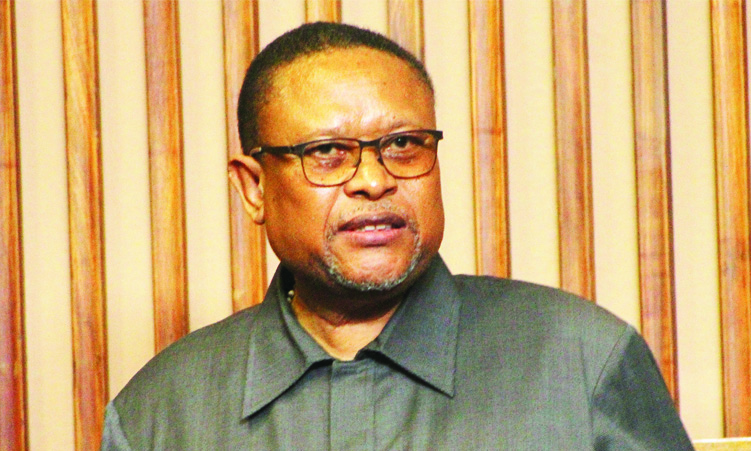LUANDA – The Association of Angolan Banks (ABANC) urged the government to urgently review its monetary policies, including an increase in the reserve requirement, which they say was hurting the banking system and the economy.
The central bank raised the bank reserve requirement in May to 30 per cent from 20 per cent, leaving banks with less money available to loan to clients and for other operations such as investing in the foreign exchange market.
The ABANC said an increase in the reserve requirement for banks and limits on the amount of dollars sold at auctions by the central bank was reducing liquidity and could deepen the impact of the global economic crisis on Angola.
‘Lower liquidity, resulting from our compliance with the recent monetary policies, is one of the biggest dangers the banking sector can be exposed to,’ Jose Massano, head of ABANC, said in a letter obtained by Reuters yesterday.
‘Therefore we appeal to the urgent revision (of these measures) as they can seriously weaken the banking system and hamper projects and programmes that impact growth and the economy’s sustainability.’
The ABANC letter, issued on April 22, was addressed to the head of the central bank Abrao Gourgel and Finance Minister Severim de Morais – both of whom are responsible for the country’s monetary policies and foreign exchange regulations.
A finance minister spokesman said the government would look into the letter at a cabinet meeting today.
SHOT IN THE FOOT
Massano, who represents 12 of Angola’s biggest banks, added that the government was shooting itself in the foot if it continues to limit the power of banks as lenders amid growing calls for investment in the African nation’s economy.
‘We fear that by limiting the bank’s role as financial intermediaries when there are calls for bigger investments and a search for solutions to counter the economic crisis, this will involuntarily contribute to deepen it’s impact,’ he said.
By limiting the amount of US dollars it sells to local banks, the central bank has left some banks struggling to satisfy growing demand for the greenback from clients eager to exchange a weakening kwanza.
The central bank has been auctioning around US$30 million US dollars to banks per day, just 10 per cent of total daily demand.
The government says the move was meant to fight rising inflation but some analysts say it was aimed at stemming speculation on the kwanza which has slipped to over 80 per dollar from 75 per dollar last month.
-Nampa-Reuters
Stay informed with The Namibian – your source for credible journalism. Get in-depth reporting and opinions for
only N$85 a month. Invest in journalism, invest in democracy –
Subscribe Now!










